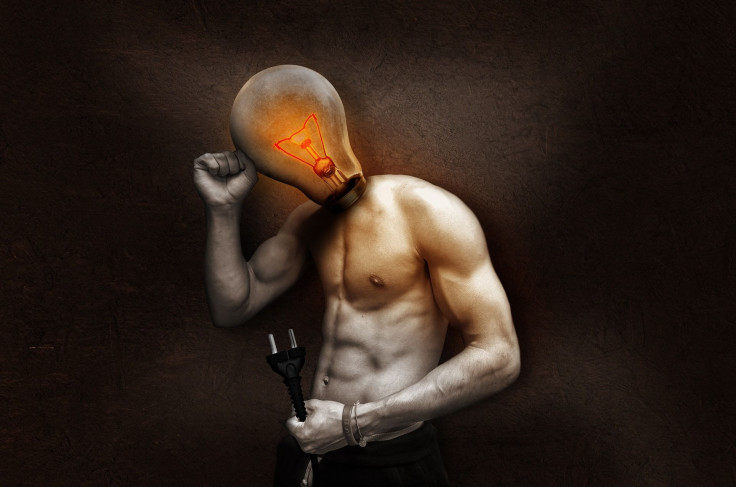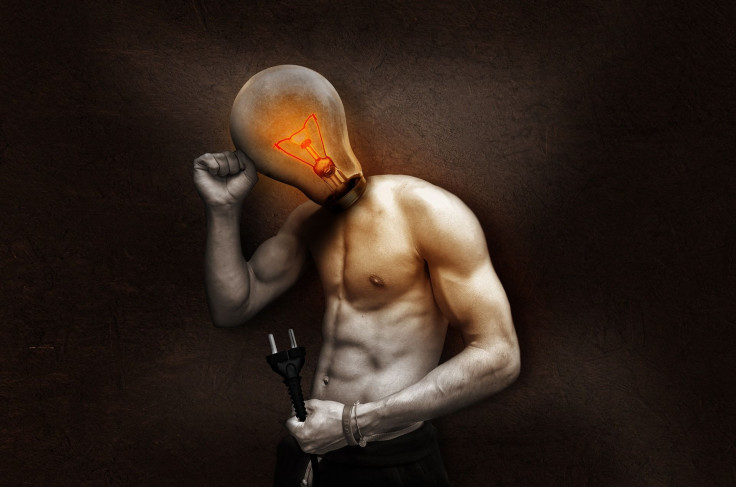Mental And Physical Exercises May Boost Cognitive Ability, Memory, Problem Solving Skills In Just 12 Weeks

If you think your memory is going, try going for a bike ride, and if you think your problem solving skills are deteriorating with age, try some cognitive exercises because it may help you regain years of brain function, according to a new study. Researchers from the University of Texas teamed up with a group from the University of California, Berkeley, to test how physical and mental exercises affect different regions of the brain.
"Most people tell me that they want a better memory and notice memory changes as they get older," said the study’s co-author Dr. Mark D'Esposito, a neuroscience and psychology professor at the UC-Berkeley, in a statement. "While memory is important, executive functions such as decision-making and the ability to synthesize information are equally, if not more ... (important), but we often take them for granted.”
For the study, published in the journal Frontiers in Human Neuroscience, researchers recruited 36 non-active adults between 56 and 75 years old. They tested their brains’ cognitive abilities using standardized written tests, and scanned their brains using a magnetic resonance imaging (MRI) machine. Next, the participants were split into two different groups — one took part in cognitive training while the other took part in physical training three hours a week for 12 weeks.
The cognitive training utilized Strategic Memory Advanced Reasoning Training (SMART), which is a brain-focused program that is designed to exercise three executive functions, including how the brain prioritizes, processes difficult information, and solves problems. Meanwhile, the physical training group completed three 60-minute sessions each week, which included five minutes of warm ups, 50 minutes or walking on a treadmill or cycling on a stationary bike, and another five minutes for a cool down. Exercisers were required to maintain a 50 to 75 percent maximum heart rate during their assigned physical activity.

During both the mental and physical activities and afterwards, each participant was given another set of MRI scans and tested for brain function. D’Espositio explained: “The takeaway: Aerobic activity and reasoning training are both valuable tools that give your brain a boost in different ways."
The cognitive training group experienced a nearly 8 percent increase in brain blood flow, which, according to researchers, may be seen as reversing decades of loss in mental ability. They also experienced improvements in all executive functions of their brain, ultimately improving their mental capacity.
Meanwhile, those who engaged in physical activity training exhibited significant improvements in memory and also had more blood flow in the bilateral hippocampi region, which is an area of the brain that becomes vulnerable to damage during aging and in those with dementia.
According to the study’s lead author Dr. Sandra Bond Chapman, the chief director of the Center for BrainHealth at the University of Texas, after the average healthy person’s twentieth birthday, the brain loses 1 to 2 percent of blood flow per decade, particularly in areas of memory and executive function.
"We believe the training triggered neural plasticity by engaging the brain networks involved in staying focused on a goal, such as writing a brief business proposal, while continuously adapting to new information, such as feedback from a collaborator," Chapman said in a statement. “Future trials are needed to further develop and test programs that unite physical and cognitive training protocols for the highest health returns starting early and continuing into late life."
Source: D’Esposito M, Chapman SB, Aslan S, et al. Distinct Brain and Behavioral Benefits from Cognitive vs. Physical Training: A Randomized Trial in Aging Adults. Frontiers in Human Neuroscience. 2016.
Published by Medicaldaily.com



























